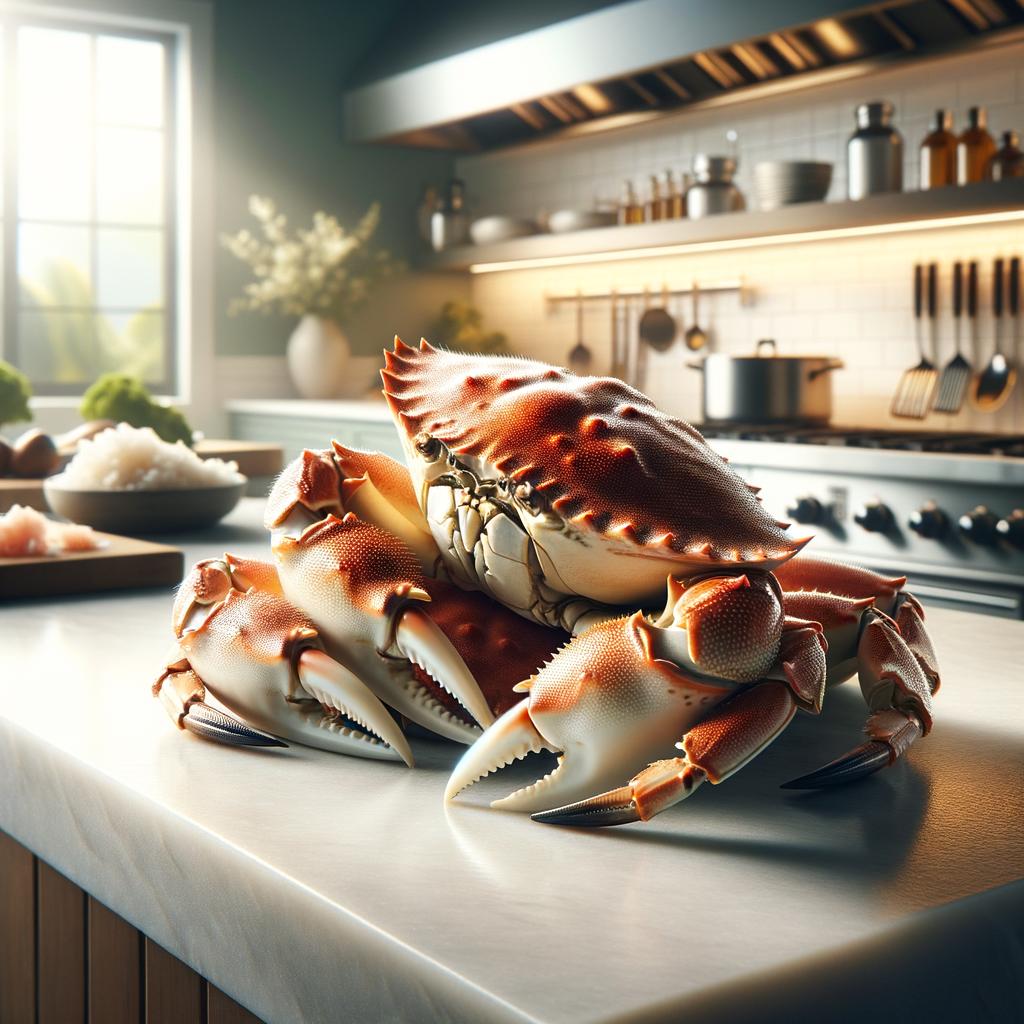Fresh Crabmeat

Description Meet the darling of the sea, fresh crabmeat. It's a delicate and luxurious ingredient, carefully extracted from the hard shells of crabs, most commonly blue crabs, Dungeness crabs, and king crabs. Its appearance is as charming as its taste, with a beautiful blend of white and slight shades of brown. The texture is tender yet flaky, and its flavor profile is a delightful symphony of sweet, briny, and slightly nutty notes. What sets fresh crabmeat apart from other seafood is its distinctive sweetness, which is amplified when cooked, and its versatility in culinary applications.
Primary Uses Fresh crabmeat is a star ingredient in a broad spectrum of cuisines worldwide. In American cooking, it's the heart of dishes like crab cakes, crab bisque, and seafood gumbo. Asian cuisines use it in sushi, stir-fries, and soups, while European food often features it in pasta and risotto. Besides its culinary uses, crabmeat has cultural significance in various coastal communities, where crab-catching and feasting are part of their traditions and celebrations.
History The history of using crabmeat in cooking is as vast as the ocean itself. It dates back to ancient times when coastal communities discovered the culinary potential of these crustaceans. The crab's role in mythology and folklore is also fascinating. In Greek mythology, a crab was placed in the sky by Hera, forming the Cancer constellation. Over time, the use of crabmeat has evolved from a basic food source for coastal communities to a gourmet ingredient enjoyed worldwide.
Nutritional Information Crabmeat is not just a culinary delight but a nutritional powerhouse as well. It's rich in high-quality protein, essential for muscle growth and repair. It's also a good source of omega-3 fatty acids, which are beneficial for heart health. Crabmeat is packed with vitamins like B12 and minerals like zinc, selenium, and copper, contributing to immune support and overall wellbeing. Compared to other seafood, crabmeat has a lower calorie count, making it a healthier choice for those watching their weight. However, it's high in cholesterol, so moderation is key to enjoy this ocean treasure.

